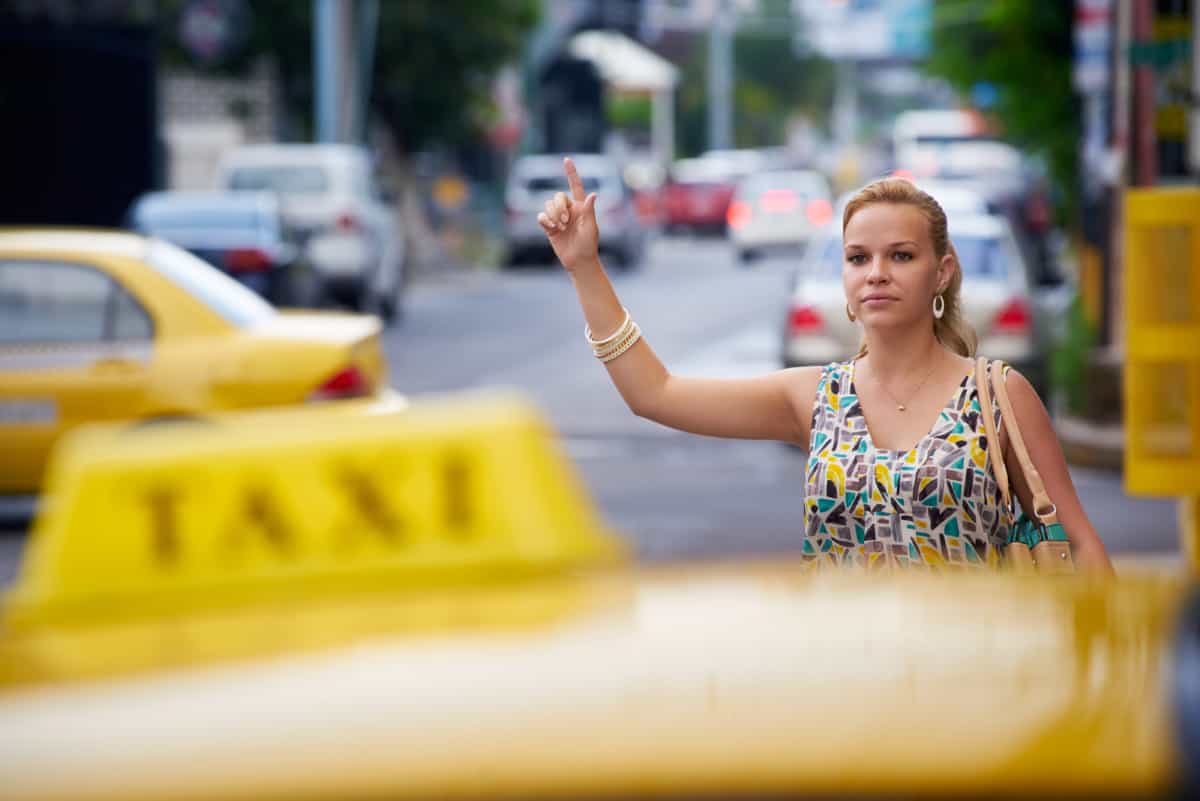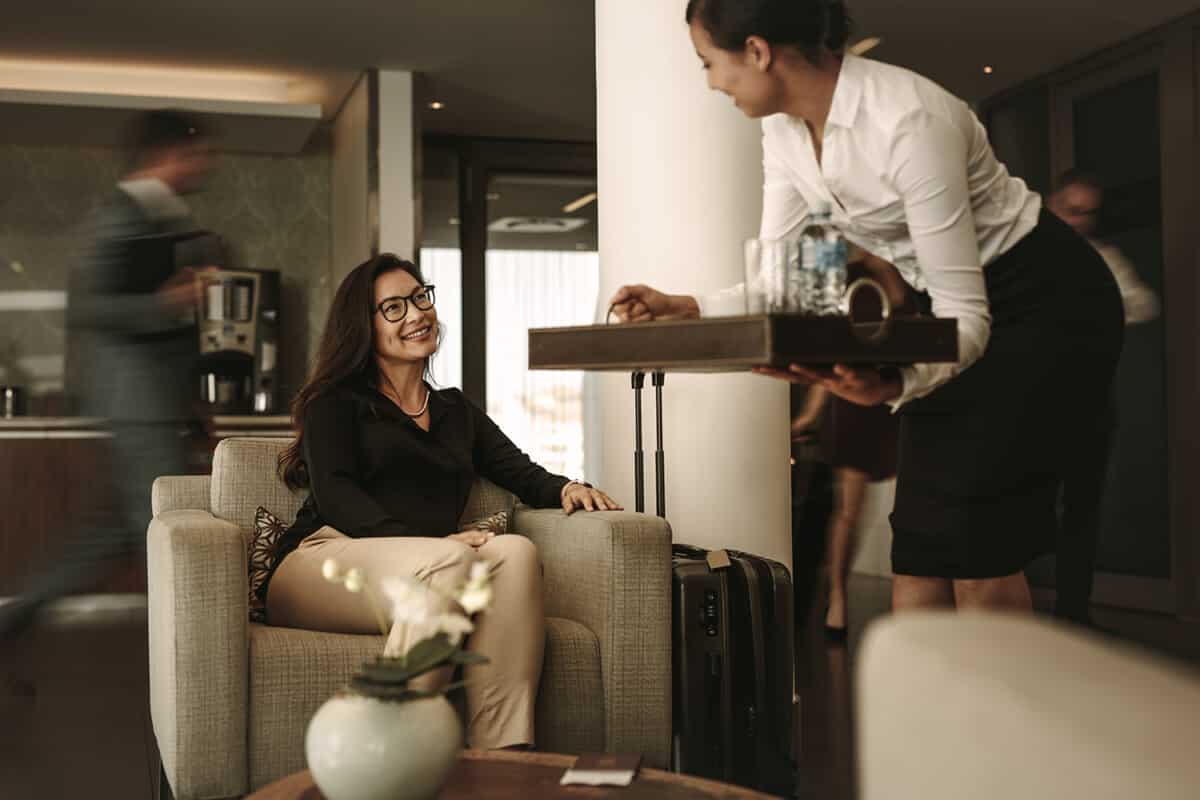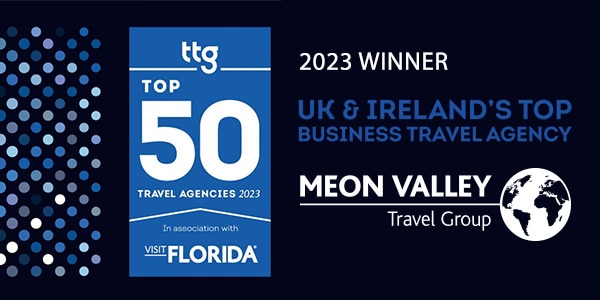It took the arrest of Hollywood producer Harvey Weinstein to launch the #metoo movement into the limelight in 2017 and the 2020 murder of George Floyd to propel Black Lives Matter into the public consciousness.
Me too has been around since 2006 and BLM since 2013 and while previously under the radar for most people, diversity and inclusion (D&I) are now forefront and neither are going away given the global attention these two cases attracted.
The past four years have thankfully seen a sea change in attitudes towards women, minorities and sexual orientation, with D&I policies now integral to many employers. D&I does not stop in the workplace however, it must also be considered when staff travel and when dealing with the suppliers that enable it.
The world is not always a much more inclusive place, so travel policies must reflect that as part of the normal duty of care process. Meon Valley Travel’s partner in this sphere is business traveller safety specialist Maiden Voyage.
Maiden Voyage’s mantra is that ‘whenever we travel, every one of us has the potential to be a minority’.
Chief executive and founder Carolyn Pearson said George Floyd and the murder of Sarah Everard “had been the catalyst for organisations to say ‘enough is enough’; we have to do something now to bring inclusive safety and security into our travel programmes”.
“We are being asked by many of our existing clients to expand our travel safety training to include the four pillars of D&I, namely women, LGBTQ+, disability – including neuro diversity – and a greater focus on travel to and by a wide range of ethnicities,” she said.
Before any travel begins, suppliers need to be sourced and it is through diligence at this stage that a lot of problems can be avoided for employees on the road.
Simply asking a hotel what its D&I policies are at the RFP stage can give you a valuable clue as to how it treats its guests – particularly women and those from ethnic minorities. IHG, for example, is a signatory to the UN LBGTI Standards for Business and to the 30% Club, ensuring at least 30% of senior leaders are female – its current figure is 38%.
Brands which behave in this manner are more likely to be aware of guests’ needs. One obvious example is lone female travellers – Maiden Voyage found a quarter of female professionals worldwide had experienced harassment while travelling for business, so a useful basic check is what constitutes a property’s lone guest policy for women. This should include, for example, room numbers written down during check-in rather than announced verbally to a crowded lobby.

Pearson’s advice is to put resources on the company intranet to permit staff to make their own decisions about where and how they travel, not dictate to them.
“It is our job to make sure people can go wherever they want to go, where their careers need them to go, and to help them do that safely and comfortably,” she said, emphasising that these decisions should not be made by the employee’s superior.
A dialogue is necessary and she advises asking two questions: “Are you comfortable taking this trip?” and: “Is there anything you need from us to make you more comfortable?”
Another useful conversation starter, she believes, is an open question such as: “I understand you may have concerns…”, which will allow staff to voice any issues themselves.
Once the conversation has been had, pre-planning can begin. Disabled travellers, for example, may have specific requirements for key parts of their journey, such as choosing airports that are easy to negotiate. More time may need to be built into schedules and dietary needs accounted for.
Sexual orientation is another key area of concern when travelling to some parts of the world. The International Lesbian, Gay, Bisexual, Trans and Intersex Association (ILGA) has a downloadable map showing global sexual orientation laws and provides a good starting point for discussions on traveller safety. This is essential, as homosexuality is still illegal in more than 70 countries, including key transit points in the Middle East.
Pearson warns that even a simple photo on a phone – such as a rainbow flag in the background – could attract the attention of authorities in some countries.
Issues like these must be highlighted before travel takes place. As corporates emerge from the pandemic into a world where movements like BLM and #metoo are now key influences, it is no longer enough to hope these situations will be dealt with quietly by the individual traveller – employers and suppliers both need to play their parts.
To find out more about how Meon can help you ensure your diversity and inclusion travel needs are met please contact us by email at [email protected] or by telephone at +44 (0)116 264 5270.






